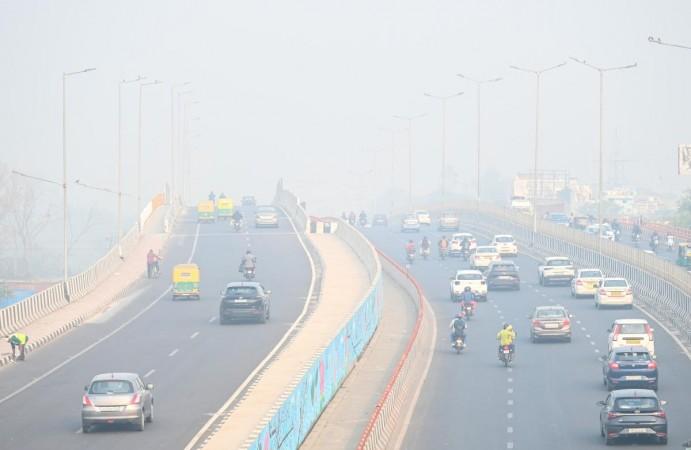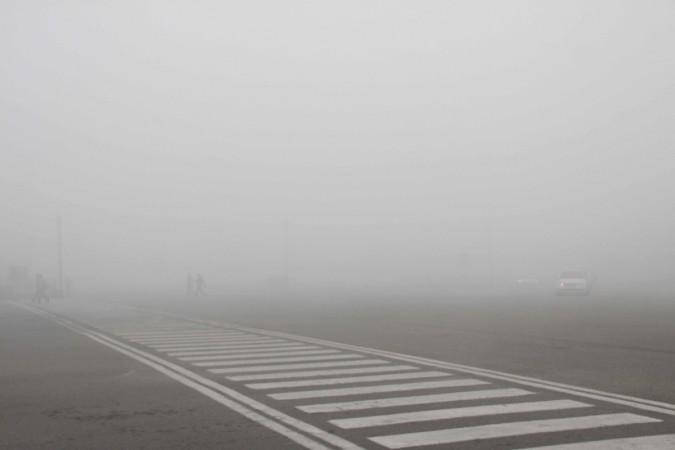
A layer of pollution continues to blanket Delhi and its neighbouring cities, with air quality remaining firmly in the 'very poor' category, raising health concerns among residents.
At 7:30 a.m. on Tuesday, the Air Quality Index (AQI) in Delhi was recorded at 435, according to air quality tracker aqi.in.
Particulate matter levels in the capital remain dangerously high. The PM 2.5 concentration stood at 294 μg/m³ at 7 a.m., while PM 10 reached 396 μg/m³. For comparison, the World Health Organisation (WHO) recommends that 24-hour exposure to PM 2.5 should not exceed 15 μg/m³, and PM 10 levels should remain below 45 μg/m³, highlighting the severity of the current pollution crisis.
The scenario in other NCR cities was similarly alarming. Noida and Greater Noida recorded AQI levels of 456 and 455, respectively, at 7:34 a.m., while Ghaziabad reported 454. In Haryana, Faridabad registered 444, and Gurugram stood at 404, indicating that poor air quality extends across the region.
The worsening air pollution is causing noticeable health issues among Delhiites, including watery eyes, asthma symptoms, itchy skin, and throat irritation.
Prolonged exposure can lead to more severe conditions, such as persistent coughing, chest tightness, wheezing, and shortness of breath.
In response, the Commission for Air Quality Management (CAQM) has implemented the Graded Response Action Plan (GRAP) Stage-III, applicable when the AQI is between 401 and 450 or is expected to rise into this range. Stage-III measures include restrictions on construction activities, increased checks on industrial emissions, and traffic management strategies aimed at reducing pollution levels.

Authorities continue to monitor the situation closely, urging residents, especially the elderly, children, and those with respiratory conditions, to minimize outdoor exposure and take precautionary measures until air quality improves.
While people are worried about the potential impact of the volcanic ash plume from Ethiopia, which recently drifted across the Arabian Sea into North India, its exact effect on Delhi's air quality remains uncertain.
(With inputs from IANS)

















